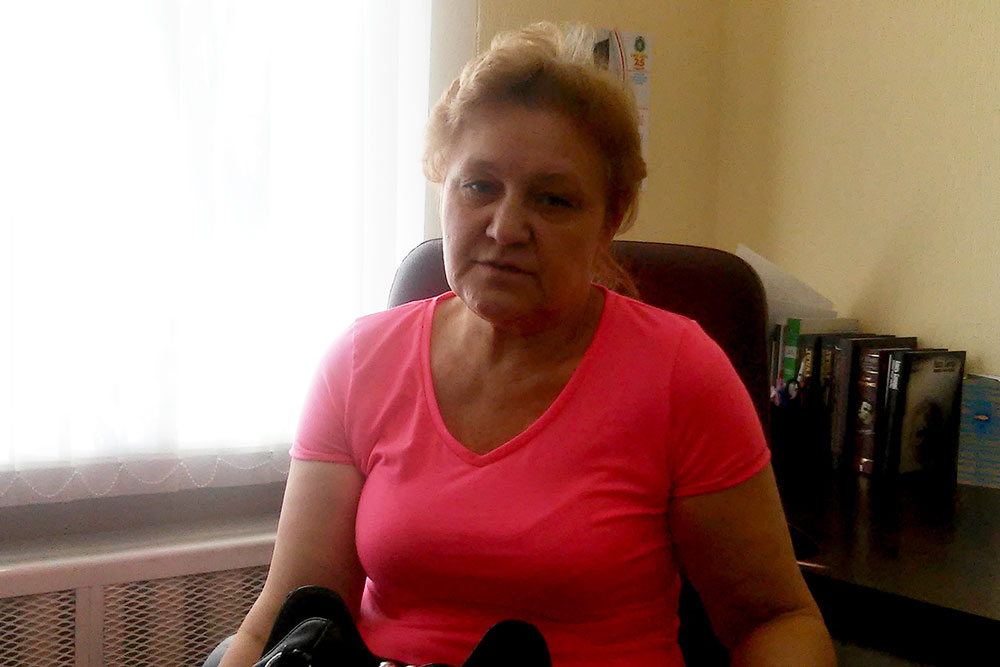Interior Ministry disputes moral suffering in prison death case
The Ministry of Internal Affairs has filed a cassation appeal to the Minsk City Court to challenge an earlier verdict by the Zavodski District Court, which ruled on March 23 that the mother and sister of Ihar Ptsichkin, inmate of Minsk prison No. 1 who died back in August 2013, should receive a total of BYN 30,000 in emotional distress damages.
The Interior Ministry says that the compensation should be paid by the Ministry of Finance, as a representative of the state treasury. However, the authority admits that the damage was caused by its employee, paramedic Aliaksandr Krylou.
It further writes that “in the course of the hearing the claimants failed to submit appropriate evidence which would testify to the physical and mental suffering of the mother and sister.” The Ministry also argues that the amount of non-pecuniary damage is excessive and does not correspond to the “principles of reasonableness and fairness, taking into account the guilt.”
“They murdered my son in prison. What other proof do they want from me to measure my pain and tears?” says the victim’s mother Zhanna Ptsichkina.
She recalls that a representative of the Interior Ministry said in court that Ms. Ptsichkina had to assume that her son might die in prison, and so she should not have been greatly surprised by his death. And that is why, in the official’s opinion, the mother and sister’s arguments of moral suffering were unconvincing and unsubstantiated.
“But is it normal that young people die in prison?” says the mother.
Ihar Ptsichkin died on August 4, 2013, a few days after he was sentenced to three months in jail for driving his car without a valid driver’s license. The prison administration said that the young man died of heart disease, but the family found bruises on the body. As a result, a criminal case was opened, which was suspended several times, but eventually reached the court.
In October 2016, Aliaksandr Krylou, employee of a jail hospital in Minsk, was sentenced to three years of imprisonment in a penal settlement on charges of professional misconduct, which negligently caused the patient’s death.


















